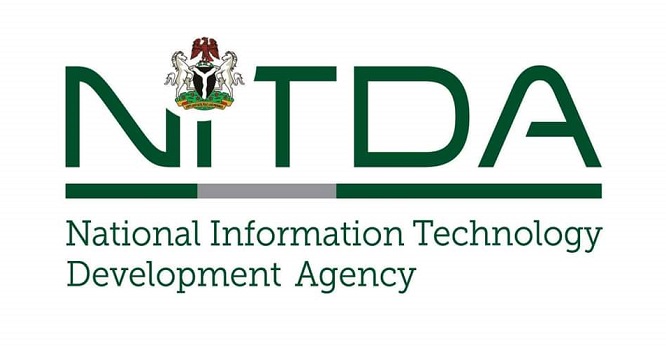The Nigerian economy can be boosted and grown through digital technologies, but a policy and a will-power to implement it must be on ground, the Director General of the National Information Technology Development Agency (NITDA), Mal. Kashifu Inuwa has posited.
Mal. Inuwa gave this position in a paper titled ‘Digital Innovation and Entrepreneurship as Catalysts to Economic Growth’ at an ICT Growth Conference & Awards, organised by the Nigeria Information Technology Reporters Association (NITRA) in Lagos yesterday.
He said that is why NITDA presented the Nigeria Digital Innovation, Entrepreneurship and Startup Policy (NDIESP), which is in line with National Digital Economy Policy and Strategy (NDEPS) for a digital Nigeria.
“As part of the efforts by the Federal Government of Nigeria to grow the nation’s economy through digital technologies, the National Information Technology Development Agency (NITDA) under the supervision of Federal Ministry of Communications and Digital Economy (FMCDE), has presented the Nigeria Digital Innovation, Entrepreneurship and Startup Policy (NDIESP),” he said.
According to him, the policy comprises five priority thrusts namely: Advancing Human Capital; Unlocking Access to Capital; Enabling Infrastructure; Boosting Demand and Promoting Innovative Entrepreneurship.
The policy is formulated to achieve a digital innovation and entrepreneurship driven nation that would become a norm for improvement in the areas of digital technologies.
In addition, the NDIESP Policy is geared towards transforming the nation’s economy to a digital one with the potential of boosting economic growth and diversity.
In the wake of the pandemic and the re-entry of yet another recession, it goes without saying that the nation will have to act fast in recovering other traditional economic sectors by supporting the provision and adoption of indigenous and tailor-made solutions for nationwide implementation of the policy.
This will be done through automation, smart processes, and ICT solutions, while applying to key stakeholders in government, innovation-driven enterprises, consumers of innovation, technology start-ups, innovation hubs and labs, investors, academia, funding agencies, civil society organisations and service providers.


